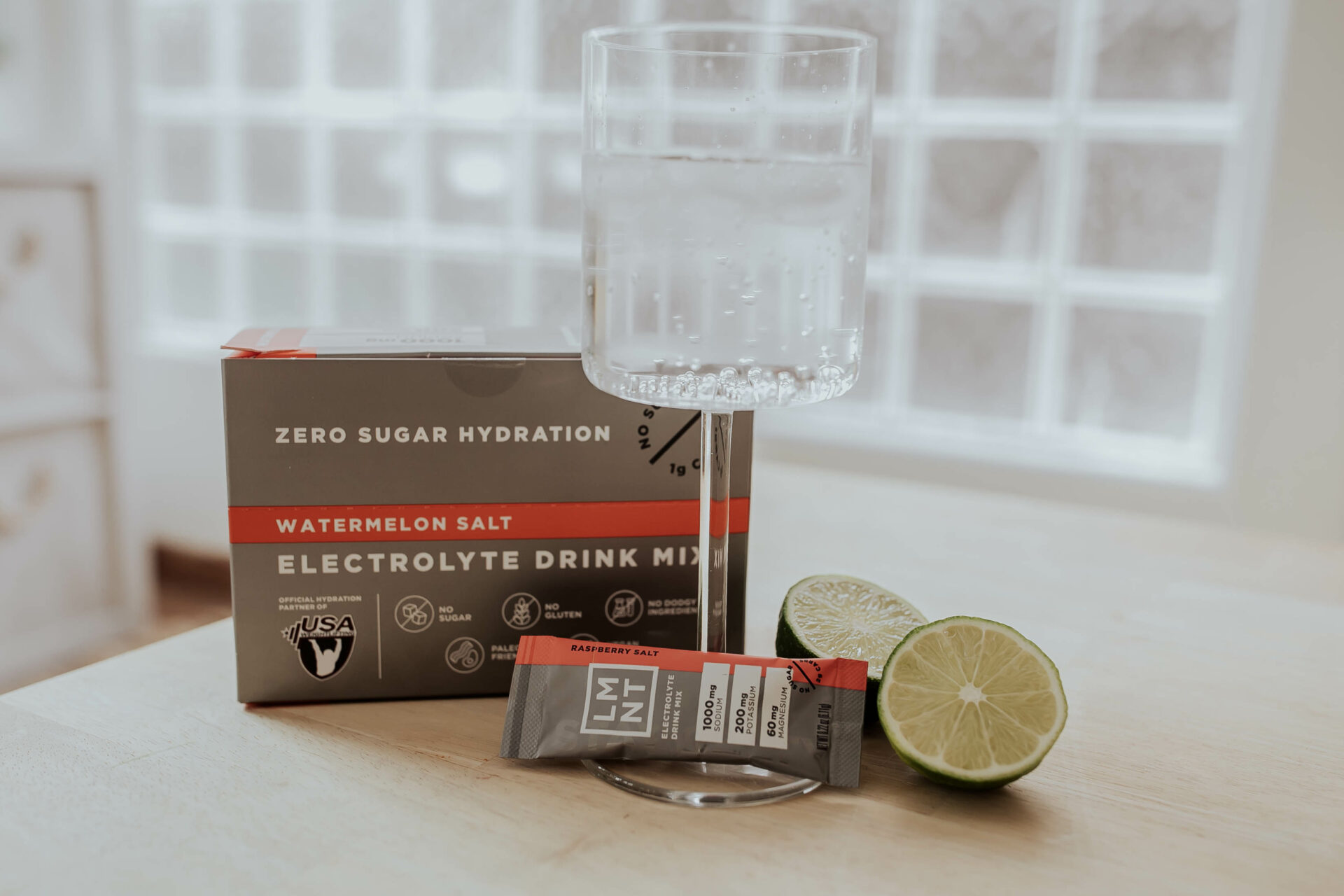At Proclivity you’ll hear us talk about the goal of getting to be Metabolically Flexible, if you seek us for nutrition coaching. But what does that mean? And why should I care?
Do you experience any of these symptoms?
- Cravings between meals
- Feeling “hangry”
- The need to eat or snack every 1-3 hours
- Energy crashes or slumps
- Brain fog
- Lightheadedness
- Bonks in exercise
- Poor recovery from workouts
- Not seeing the results in the gym
These are all signs of metabolic inflexibility. When your body cannot easily switch fuel sources (usually from using mainly carbs to using fat), it often relies on using carbs as its main fuel source. This is what triggers that constant hunger, the lack of energy when not having eaten within a couple hours. Our culture has gotten this way from our culture of highly refined foods, as well as having food readily available at all times of the day – unlike our Paleolithic ancestors.
So on the flip side, metabolic flexibility is when our body can easily and swiftly switch from using stored glucose, to stored fat, and vise versa, when needed – our body has the ability to adapt to different metabolic demands. Oftentimes this “demand” happens when we are more active (movement/exercise), or not eating for a period of time. Our body runs through it’s readily available glucose or fat, and then goes, what next? Either you need to eat more (which then creates a cycle of your body always relying on carbs for fuel/energy), or you can train your body to use stored glucose and fat (or create ketones). That glucose or fat can come from more in your diet, or from stored fat in your tissues. And when we teach our body to pull from our stores, fat loss becomes easier! Not only will we be less likely to overeat, our body will start using the stores up that is just sitting there (aka fatty tissue).
Want to live longer?
The benefits to becoming more metabolically flexible (other than ditching the symptoms listed above), is the fact that you can go longer without food and still feel great. This is especially helpful if you’re trying to lose weight (caloric deficit) and you struggle with feeling hungry often). You still have energy, focus, and no hangriness! Imagine if you had longer lasting energy and a balanced blood sugar more often. What else would that bring? More energy and excitement for workouts? Ability to lose weight easier? To get chores or errands done? More play with the kids? The want and energy to cook? To be more productive at work?
More energy and focus often leads to more healthy habits, and a more stable blood sugar. And when you expand on that over the course of weeks, months and years, you’re setting yourself up for less metabolic disease, a longer and happier life, and optimal health!
What can you do?
So let’s get back to our roots, and let us help you become metabolically flexible. Sign up for our FREE clarity call to see if our coaching is right for you.
In the meantime, you can start with focusing on having bigger, more nutrient-dense meals, and less snacking. What will help with less snacking? More protein, fat and fiber (veggies and seeds) with your meals, and more hydration (with electrolytes) between meals. Start there, let us know how it goes!



